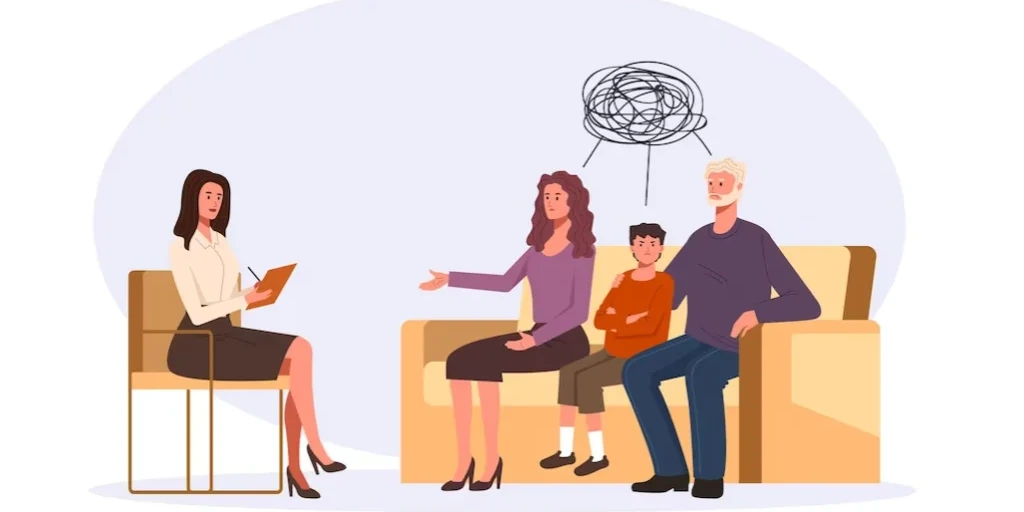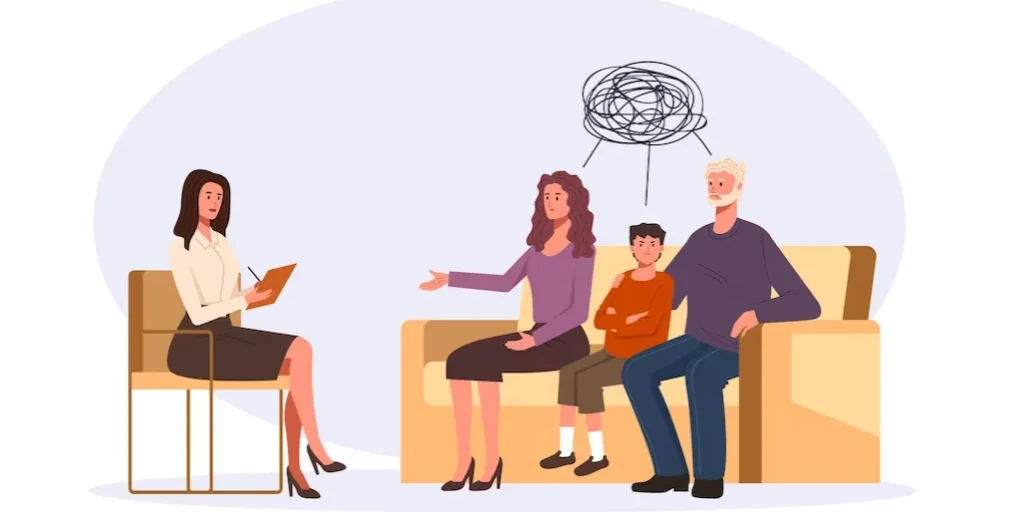24/7 Helpline:
(866) 899-111424/7 Helpline:
(866) 899-1114
Learn more about PTSD Rehab centers in Scottsville
PTSD Rehab in Other Cities

Other Insurance Options

Carleon

Health Partners

UnitedHealth Group

MHNNet Behavioral Health

Ambetter

Evernorth

American Behavioral

Cigna

MVP Healthcare

Optima

Premera

Lucent

Optum

Anthem

Meritain

BHS | Behavioral Health Systems

Group Health Incorporated

Humana

Sutter

CareFirst

Time Out Community Counseling and Correctional Services
Time Out Community Counseling and Correctional Services offers outpatient treatment for individuals ...

LifeSkills Service Center – Allen County
LifeSkills Service Center – Allen County is a private rehab located in Scottsville, Kentucky. LifeSk...

More to Life Counseling
More to Life Counseling offers faith-based and evidence-based counseling services for individuals, f...
































































